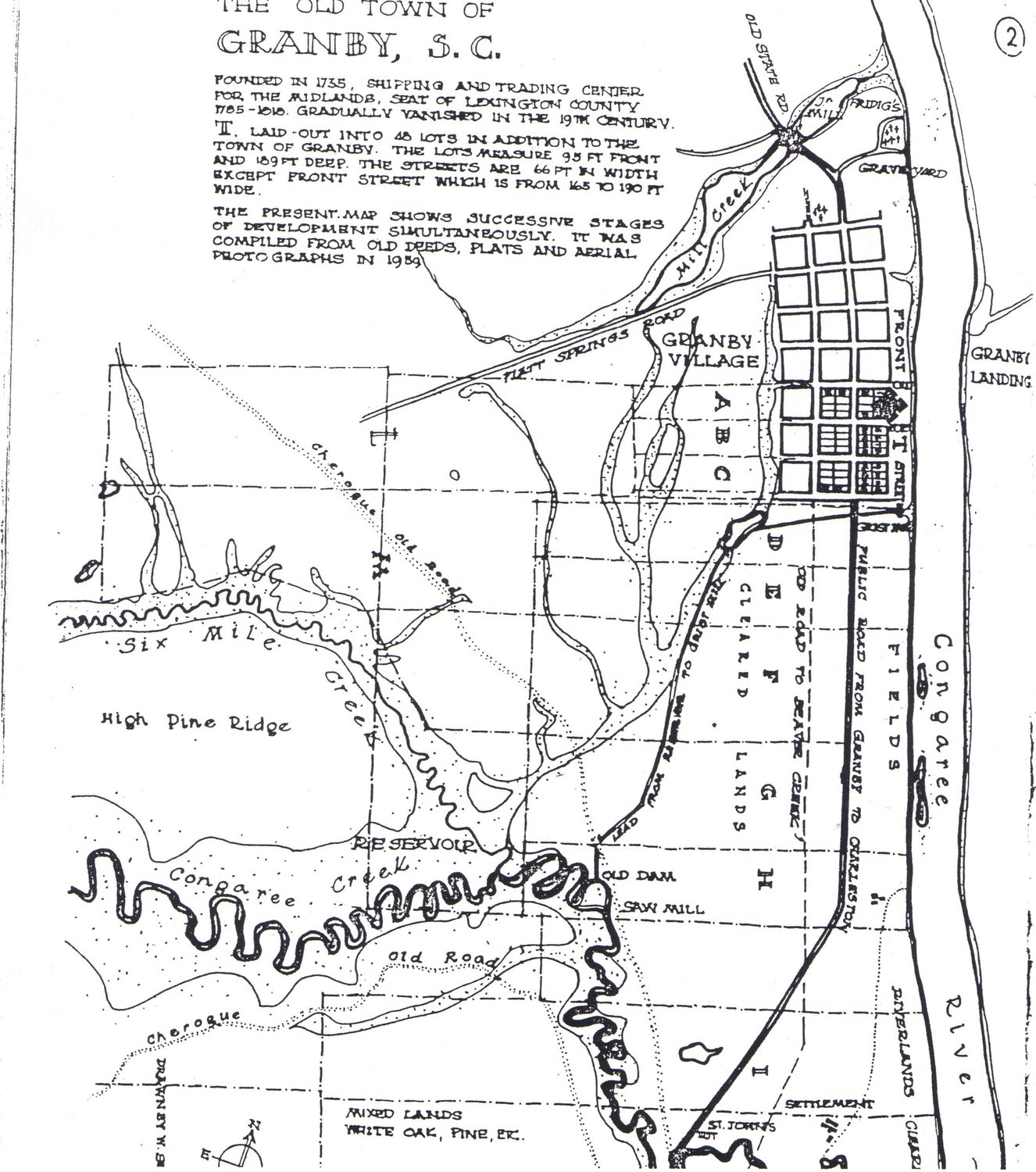The early history of Granby, Lexington County’s first town
The first town to appear in what would become Lexington County was called Granby.
This item is available in full to subscribers.
Subscribe to continue reading. Already a subscriber? Sign in
Get 50% of all subscriptions for a limited time. Subscribe today.
Please log in to continueNeed an account?
|
The early history of Granby, Lexington County’s first town
The first town to appear in what would become Lexington County was called Granby.
Granby, named after Charles Manners, the fourth Duke of Rutland and Marquis of Granby, was located in the area that is now the quarry in Cayce south to the Riverland Park subdivision. Granby was situated at the intersection of three important colonial paths: the State Road that went to Charleston, the Cherokee Path that went to the lower towns of the Cherokee, and the Occaneechi Path that went north to the Catawba and into North Carolina and Virginia.
The village grew due to two factors in the area besides the intersection of those paths: Friday’s Ferry and the Kershaw, Chesnut, and Company store. Friday’s Ferry was the only way to get across the Congaree for several miles. The first bridge across the Congaree wasn’t built until 1790. Opening in the Congarees (as the area was called at the time) area in 1763, the Kershaw, Chesnut, and Company controlled much of the trade in the backcountry. This store was later purchased by Richard and Wade Hampton. An account book from the store during the time it was owned by the Hamptons is now in possession of the Cayce Historical Museum.
The town also grew thanks to its location at the head of navigation on the Congaree. This advantageous position made it an important commercial center in the backcountry. Indigo and tobacco, two cash crops grown in what would become Lexington County in the colonial period, were shipped down the river to Charleston and goods were shipped back up to Granby.
The first mention of Granby was in 1774 although the village may have existed before then. Felix Walker, one of the founders of Kentucky and a congressman, wrote in his memoir that he attended school where Granby was in 1764. He wrote that “the schoolhouse sat on the site where Granby is now situated. It was then nearly a wilderness, a sandy desert, and so thinly inhabited that a school could scarcely be made up.”
My next regular column will explore the later history of Granby. In the meantime, if you’d like to learn more, visit the Cayce Historical Museum and the Lexington County Museum.
J.R. Fennell has served as director of the Lexington County Museum since 2007. He holds a master’s degree in public history and a certificate of museum management from the University of South Carolina.
Other items that may interest you







Comments
No comments on this item Please log in to comment by clicking here